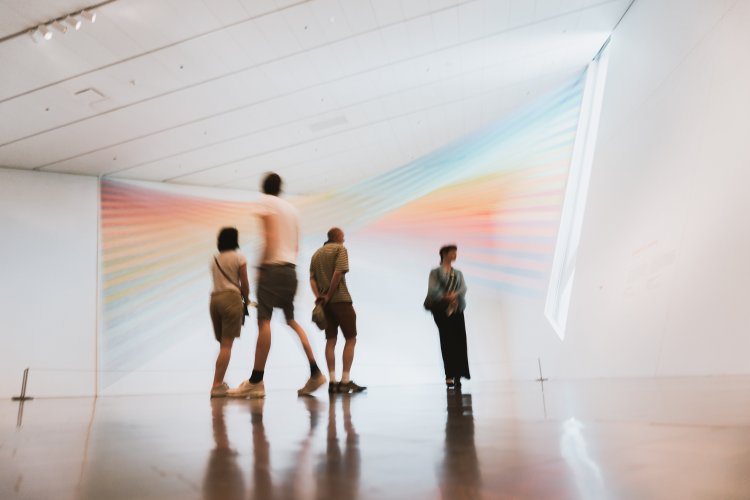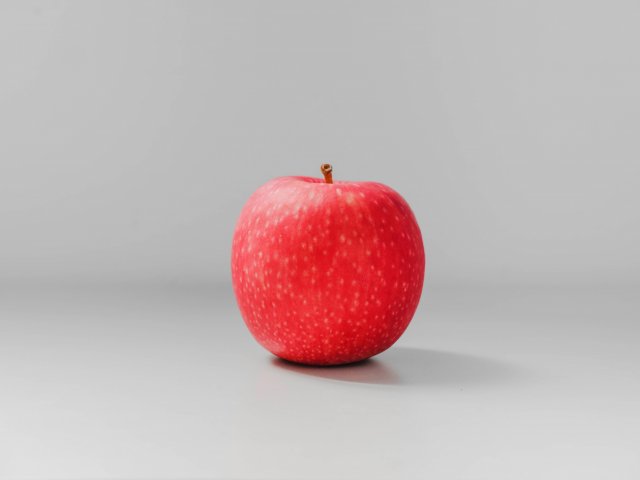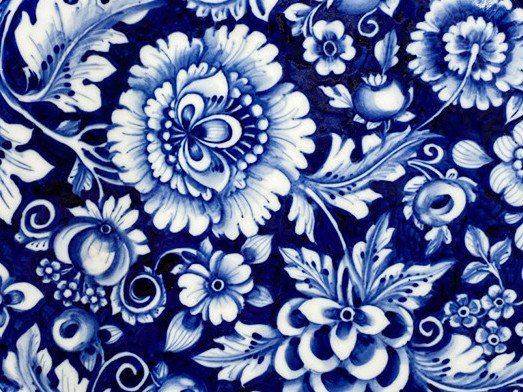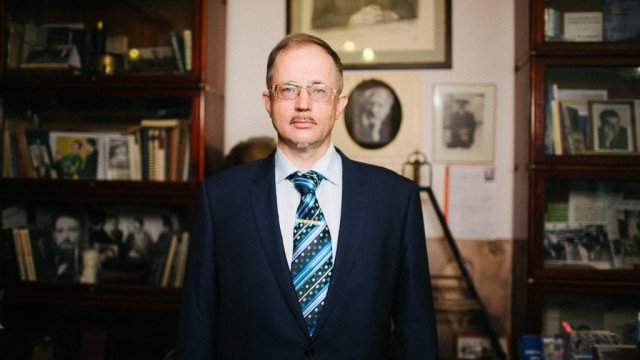“The one who does not know the past,
knows neither present, nor future,
and not even themselves,” - French thinker Voltaire wrote.
To plunge into the pat, touch ancient artifacts, see the maps yellowish with time, ancient coins, costumes of baroque era, or bones of a mammoth – all these services are available in museums. To get advantage of them, one does not have to invent the time machine as such a portal exists not far from us. It can be found in normal buildings that keep the memories of the past.
In his papers, Voltaire answered the question of what one should know history for, while we will highlight the history of the holiday and the future of museums acting as time stores.
The International Museum Day originated in 1977, when the respective decision was taken at the 11th General Conference of International Council of Museums (ICOM) on the initiative of Soviet delegation. However, the first mentions of the date appeared long before the official establishment of the holiday – they dated back to second half of 18th century in Europe and Russian Empire. This time is famous for enlightening activities of the states.
Coming back to the official date, it stands to mention that the respective suggestion was made by Russian delegation with Irina Antonova, director of the Pushkin Museum of Arts, at the head. It allows for saying that the holiday is of Russian origin.
Today, ICOM comprises all museums and their representatives. The organization’s activity is aimed at protection and popularization of natural and cultural heritage, both present and future, material and immaterial. It includes 40,000 members from 141 countries.
The main tradition of the International Museum Day is the night at a museum, which all those interested can visit free of charge. Such events may last for several days and are devoted to some key topic. This topic is developed annually by the expert network of ICOM. Krasnoyarsk Museum Center was the first in Russia to open its doors to night visitors in 2002. As early as in 2007, Moscow joined the initiative. Since 2008, the Night of Museums has been held in Moscow annually on the third weekend of May. Starting from 2015, the federal, ministerial and private sites and museums all over Russia have taken part in this activity.
This year, topic Future of Museums: Reconstruction and Reconsideration has been chosen. Such a choice was not made by chance – the reason behind it lies in the present situation in the world and COVID-19 pandemic. Our life changed, and it affected the museums as well. Many organizations started working in a new manner. For some of them, it was extremely difficult, as it was not easy to ensure the compliance with restrictions in tight space of room and galleries. However, it made the administration invent new ways for those who like to examine ancient artifacts. Online excursions, virtual routes and podcasts were launched.
The museums are changing. They turn into multimedia and interactive sites, new virtual opportunities are opened, as well as time portals available for the visitors.
Photo on the homepage and on the page: ian dooley / Photo bank Unsplash






















